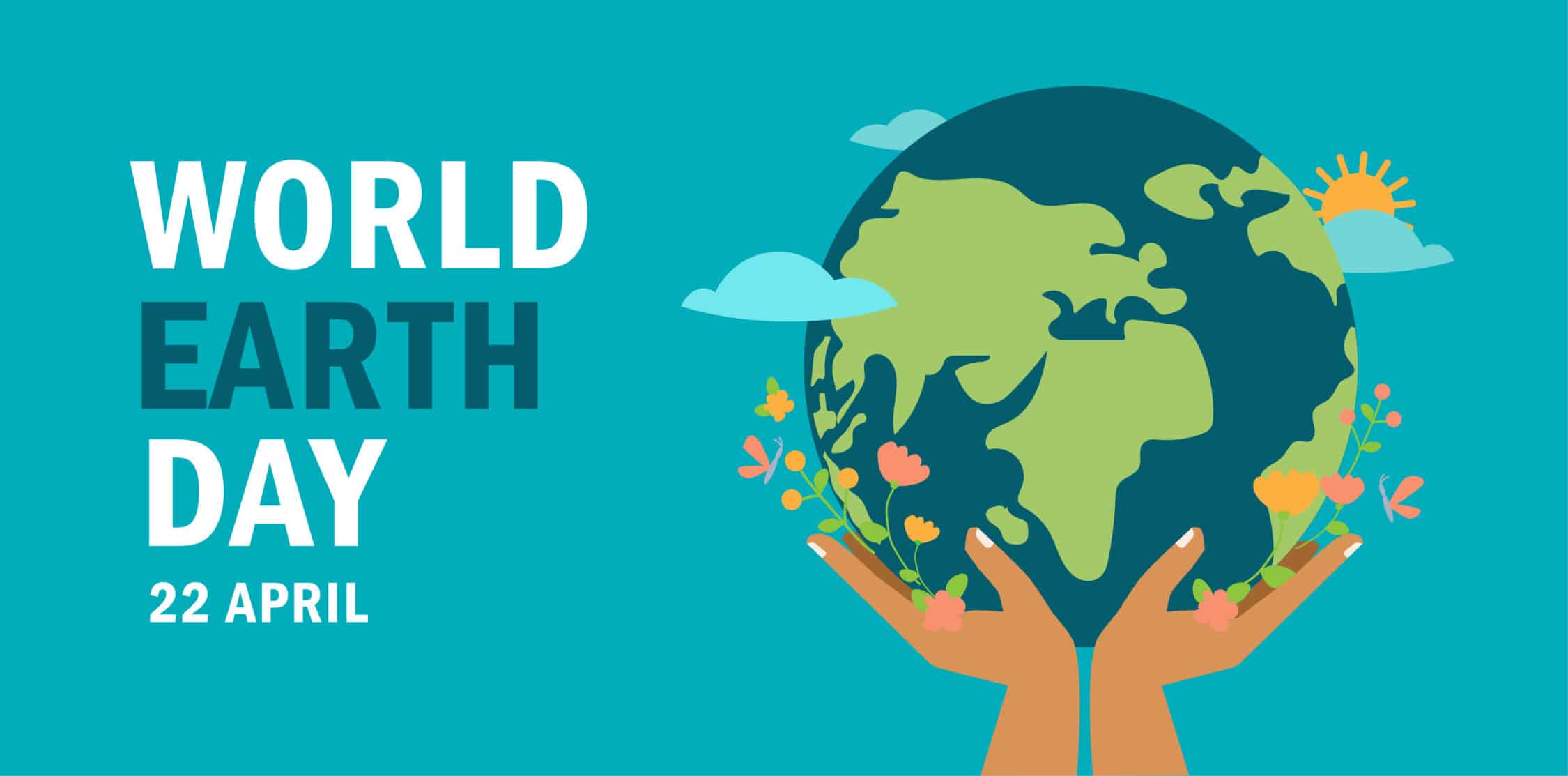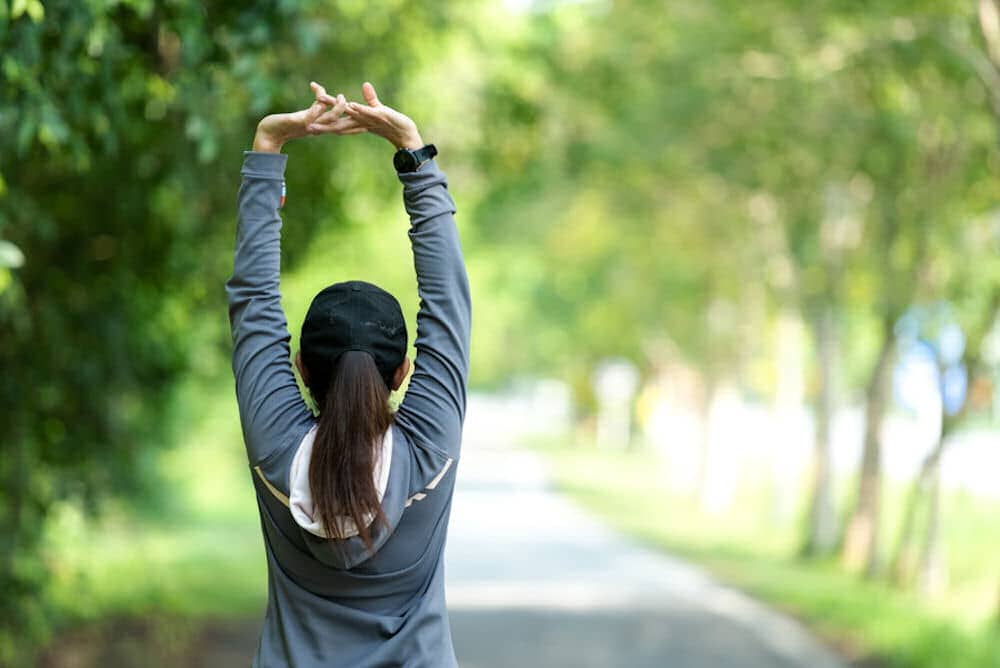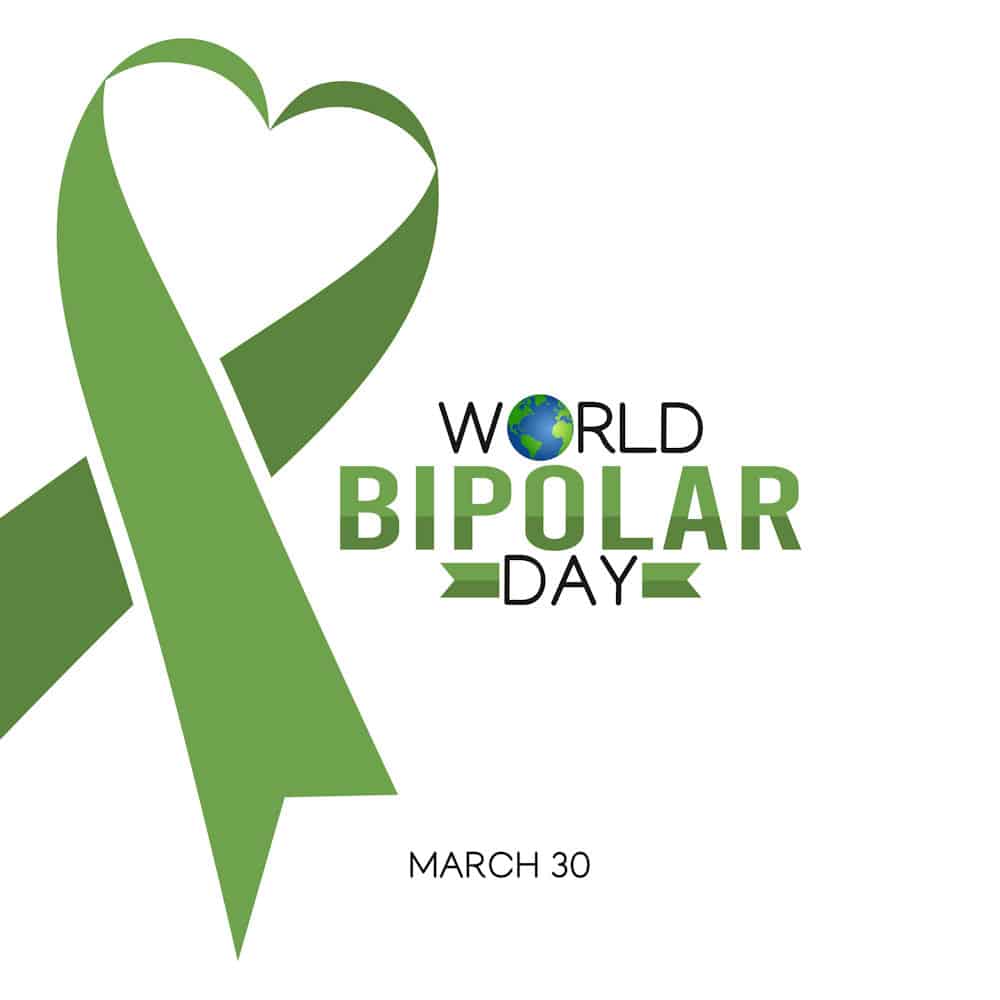
Can we be psychologically healthy, happy, and fulfilled while treating the planet with disrespect? Can we live well without any love in our hearts for Mother Earth?

Can we be psychologically healthy, happy, and fulfilled while treating the planet with disrespect? Can we live well without any love in our hearts for Mother Earth?

Human beings are Earth creatures, assembled from the same materials that the rest of our planet is. Our bodies are tuned to exchange information with the natural world, through transmissions of frequencies.

This April, we invite you to celebrate National Stress Awareness Month along with us here at Villa Kali Ma. Join us as we explore how and why to stay out of the stress zone.

Treatment of drug and alcohol addiction can be significantly more effective when women and men are separated into same-sex cohorts, sort of like all-boys or all-girls schools.

For many women, relationships are at the center of our lives. Partners, children, family, friends, and community are sources of meaning, joy, and purpose.

At Villa Kali Ma, we help women with mental health struggles recover lives of meaning and freedom. When trauma and addiction are a factor too, we help address all three things.

International Day of Happiness is celebrated annually on March 20th. A day of honoring happiness was established in 2013 by the United Nations as part of an initiative to include the concept of happiness in how we think of human rights and liberties.

International Women’s Day celebrates women and girls, and all we bring to the world. Celebrated once a year, International Women’s Day is dedicated to all the people in our lives who are living in female bodies. For all who experience life from the point of view and role of “woman”, this is our day.

This March, let’s celebrate women’s health. We at Villa Kali Ma extend to you all an invitation to contemplate what we feel health is, and how we value the health of our sisters, daughters, mothers, grandmothers, and friends.

Do you believe that you can have good mental health? It might seem mysterious and elusive, but mental health is an achievable goal. The psyche has a natural state of fitness that we can practice and sustain, just like physical health.